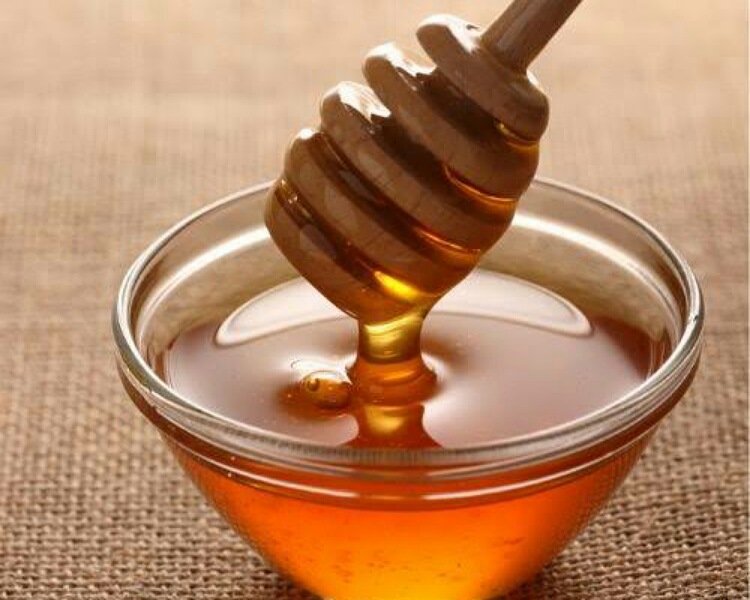Honey is sweet and a natural sweetener. It is minimally processed and retains its vitamins, minerals, and antioxidants unlike refined sugar. Hence it is a healthier choice. What are the effects of honey on the body?
Honey -the natural sweetener
Honey is derived from beehives. It is made by the hardworking honey bees from nectar of flowers. It has sweetness in it and hence called a natural sweetener. Refined sugar is also sweet but it undergoes a lot of processing before it reaches our kitchen and dining table. Due to this processing, the cane sugar syrup loses its nutrients. And it has added substances in it that can harm the health of the consumers.

Unlike refined sugar, honey is minimally processed. Some even consume raw honey. Due to less or no processing, it retains its minerals, vitamins, and antioxidants. Hence it is a healthier choice. Here are 6 positive and 4 negative effects of honey on the body
Positive impact of honey on body
Antimicrobial activity
Honey is antiseptic and antimicrobial. Dietitian Mary Sabat explains:
“Honey has been found to have antimicrobial properties, which means it can help fight against bacteria, fungi, and viruses.”
“According to a study published in the British Journal of Surgery, honey has even been found to be effective in treating infected wounds.”
Scavenger action
This product can mop up the damaging free radicals in the body that are the root cause of a number of chronic conditions and cancer. This is due to its high antioxidants content. Date syrup, maple syrup and agave syrup also have similar antioxidants in them that are lacking in refined processed sugar.
Relief of sore throat
Sore throat is painful. Have a little bit of honey, and it will soothe the irritation and pain. Mary reveals:
“According to a study published in the Archives of Pediatrics and Adolescent Medicine, honey was found to be more effective at relieving a cough and sore throat symptoms in children than cough suppressants.”

Digestive aid
According to Mary:
“Honey has been found to help aid digestion by promoting the growth of beneficial bacteria in your gut, and a study published in Frontiers in Nutrition found that honey had prebiotic effects on gut health.”
Blood pressure control
Honey positively impacts cardiovascular health. It can lower heart rate and decrease blood fats levels. Another study showed that it can reduce blood pressure in women above 40.
Lessens blood sugar spikes
Jesse Feder, who works with My Crohns and Colitis Team says:
“But interestingly enough, honey has also been shown to help treat diabetes, along with diabetic medications. Specifically, studies have found that due to its higher fructose content, consumption does not spike your blood sugar as much, and even promotes healthy insulin activity and blood sugar levels.”
Negativities with honey
High calories

Honey has high calories. One tablespoon has 64 calories which is similar to that in refined sugar. So if you are concerned about weight, honey is not a good option. In that case, go for zero calories sweeteners.
Allergy risk
Mary cautions:
“Some people may be allergic to it and experience symptoms such as hives, itching, or swelling. In severe cases, an allergic reaction can cause anaphylaxis, a life-threatening allergic reaction that requires immediate medical attention.”
Infant botulism
Read here: What is manuka honey? Uses, nutrition, and health benefits!
In children less than one year, raw honey could be dangerous. Mary explains the reason for it:
“Honey may contain spores of the bacteria that cause botulism and these spores can grow and produce toxins in the infant’s intestines, which can cause serious illness or even death.”
Adulteration
Honey is often adulterated with refined sugar. Hence, one should be careful about the purchase.
